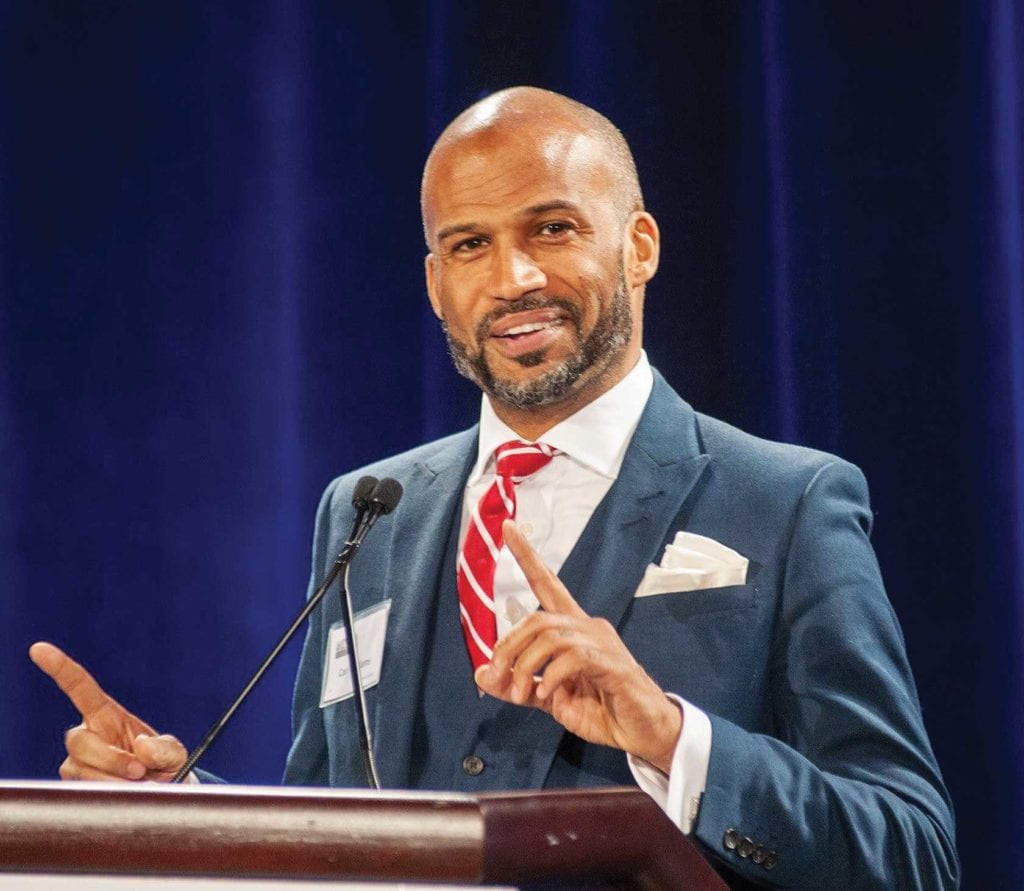
Oumou Kanoute, a black sophomore at Smith College, was quizzed by a police officer and a college employee as she studied in a dorm dining hall, after another employee reported a suspicious person laying down in the cafeteria to police.
“I did nothing wrong, I wasn’t making any noise or bothering anyone,” wrote Kanoute on social media, hours after the incident on July 31 in Northampton, Massachusetts. “All I did was be black.”
Kanoute’s situation is not unique.
In April, Rashon Nelson and Donte Robinson were waiting for a local real estate developer to meet them in a Starbucks in Philadelphia, when a coffee shop employee accused them of trespassing and had them arrested.
More recently, on July 24, in Boston’s Brookline neighborhood, a middle-aged black man was described to police as “out of place,” for wearing a hoodie in hot weather, according to Brookline Police Department’s logs.
These occurrences, and countless others that are shared daily on social media, or those that go completely undocumented, are what civil rights lawyer Carl Williams said are “part of the broader story of what it means to black.”
“You can’t live your life without the structures of white supremacy affecting you on a daily basis,” said Williams, whose work and personal life have taught him this difficult lesson.
In 2014, a neighbor called the police requesting a “courtesy tow” for the attorney’s car, which was parked legally outside of his home in Mission Hill. The police arrived and as an officer followed Williams inside, demanding he answer his questions, Williams was grabbed by the collar and dragged down his front steps by the officer. Williams filed a complaint with the department’s Internal Affairs Division and a subsequent appeal of their decision, but the Boston Police Department maintained that the officer’s use of force was justified.
“We need to think of these examples as leaves on the trees … in the forest of systemic racism in the United States,” said Williams, a forest fed by white privilege.
Many white people are unaware of the benefits they enjoy until they are no longer available, he added, or until they are confronted by their behavior in videos and through online reaction to their 911 requests against black people.
These calls are placed, Williams said, because “it’s all about creating racial purity,” a system of apartheid that enforces white privilege and keeps black communities out of intimate spaces white people see as their inherent right to solely occupy.
“White people using the police as their own personal security force is nothing new,” said Martin Henson, an organizer for the Boston chapter of Black Lives Matter, who dates this practice back to the days of slavery.
Henson said these situations with police arise because “white people are not prompted to differentiate if what is making them uncomfortable is racist, or a genuine concern for safety.”
A common occurrence
Without an extended language or means to discuss their experiences of race, Henson believes these 911 calls are symptomatic of when “white folks don’t know how to deal with being white,” and fail to confront their own privileged position in society.
Recent coverage would make it seem that there has been a sudden surge in the number of reports being made against black people for being in areas, be they public or private, that they have the right to occupy.
But this is not the case, Williams and Henson agreed. Technology has made sharing these experiences much easier and amplified their impact, but they happen just as frequently as they always have.
Kanoute’s Facebook post, which included videos, has been shared more than 3,000 times and received nearly 2,000 comments. With the invention of Facebook Live and other streaming services, interactions between law enforcement officers and members of the public can be watched in real time or shared instantly, dramatically increasing their reach when compared to the spread of information in the pre-smart-phone era. This, advocates believe, is a positive advancement that may help raise awareness and ultimately tackle institutionalized racism.
Solutions
Following the confrontation in Philadelphia and the viral video that resulted, Starbucks staff across the country were placed on an anti-bias training program.
“People are able to see this white person overreacting and see the consequences,” said Henson, who thinks shedding light on these examples will encourage public demand for justice, and boycotts of offending institutions. “The dynamic has shifted and people can respond.”
Williams is skeptical. Starbucks changed their policy because they got caught, he said, and their turnaround made perfect business sense. But he praised activist organizations like Black Lives Matter for creating “social justice conditions,” in which it is harder for institutions to go unchallenged in their support of potentially racist practices.
But, until the systems of white privilege are openly addressed, these and similar interactions between white people, police officers and communities of color will continue to be tense, said Williams.
“Calling the police is inherently a threat of violence,” said Williams, “and sometimes this is necessary, but not when the only thing you’ve done wrong is being … and that ends in death.”






